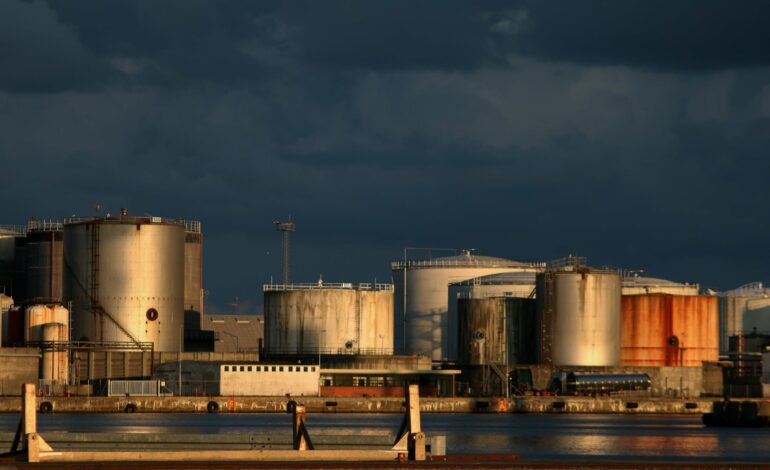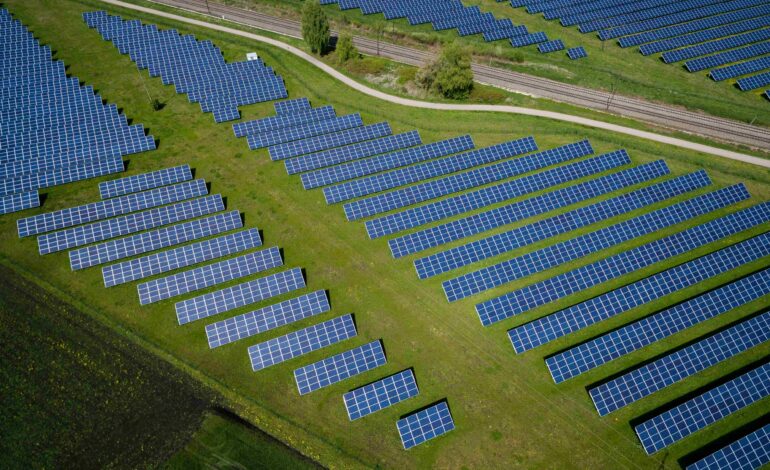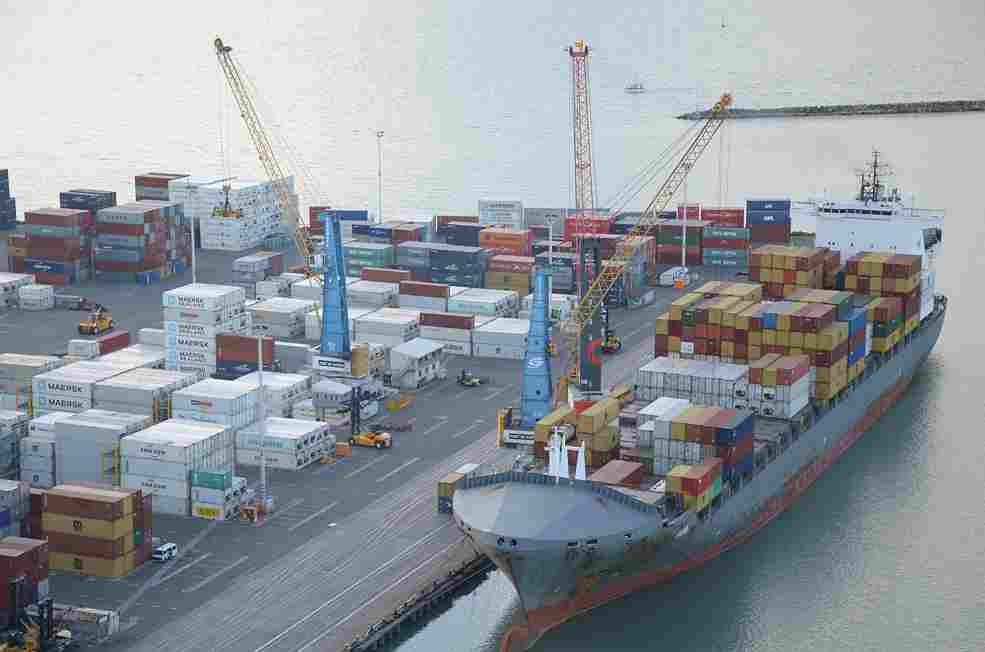
Technological Innovations in Bunker Fuel Storage
The maritime industry is undergoing a significant transformation, driven by technological advancements aimed at enhancing efficiency, safety, and environmental sustainability. Innovations in bunker fuel storage technology are pivotal in meeting the demands of modern shipping. This article explores the latest advancements in bunker fuel storage, highlighting their benefits and impacts on the industry.
Advanced Tank Materials and Designs
- Corrosion-Resistant Materials: Traditional steel tanks are susceptible to corrosion, leading to contamination and frequent maintenance issues. New materials like stainless steel and advanced composites offer superior resistance to corrosion, extending the lifespan of storage tanks and reducing maintenance costs. These materials also help maintain fuel quality by preventing chemical reactions that can degrade the fuel.
- Double-Walled Tanks: Double-walled tank designs provide an additional layer of protection against leaks and spills. The outer wall acts as a secondary containment barrier, reducing the risk of environmental contamination. This design is especially beneficial in sensitive marine environments where spills can cause significant ecological damage.
Enhanced Monitoring and Automation Systems
- Real-Time Monitoring: The integration of Internet of Things (IoT) technology in bunker fuel storage systems allows for real-time monitoring of tank conditions, including fuel levels, temperature, and pressure. Sensors and smart devices transmit data to centralized management systems, enabling operators to make informed decisions and respond quickly to potential issues.
- Automated Fuel Management Systems: Automation in fuel management systems streamlines operations by automating tasks such as fuel transfer, mixing, and temperature control. These systems reduce human error, enhance safety, and optimize fuel usage, leading to cost savings and improved efficiency.
Advanced Filtration and Separation Technologies
- High-Efficiency Filtration: Advanced filtration systems are designed to remove impurities and contaminants from bunker fuel, ensuring that only clean fuel is stored and used. High-efficiency filters can capture particles as small as a few microns, preventing engine damage and improving fuel performance.
- Water Separation Systems: Water contamination in bunker fuel is a common issue that can lead to engine problems and reduced efficiency. Modern water separation technologies, such as centrifugal separators and coalescers, effectively remove water from fuel, ensuring that stored fuel remains pure and safe for use.
Temperature Control Innovations
- Insulated Storage Tanks: Insulated tanks help maintain the optimal temperature of bunker fuel, preventing issues related to temperature fluctuations, such as fuel degradation and condensation. These tanks are particularly useful in extreme climates where temperature control is critical.
- Heating Systems: Advanced heating systems integrated into storage tanks ensure that heavy bunker fuels remain at the right viscosity for pumping and combustion. These systems can be automatically controlled based on real-time temperature data, ensuring efficient and reliable fuel flow.
Environmental and Safety Enhancements
- Vapor Recovery Systems: To minimize the release of volatile organic compounds (VOCs) during fuel storage and transfer, modern tanks are equipped with vapor recovery systems. These systems capture and condense fuel vapors, reducing emissions and enhancing safety.
- Leak Detection and Containment: State-of-the-art leak detection systems use sensors and automated alarms to quickly identify and respond to leaks. Coupled with advanced containment solutions, these systems mitigate the risk of environmental contamination and ensure regulatory compliance.
Digitalization and Data Analytics
- Digital Twins: The use of digital twin technology in bunker fuel storage allows for the creation of virtual models of storage tanks. These models can simulate real-world conditions and predict potential issues, enabling proactive maintenance and optimization.
- Data Analytics: Advanced data analytics tools analyze historical and real-time data from storage systems to identify patterns and optimize fuel management strategies. This data-driven approach enhances decision-making and improves operational efficiency.
Conclusion
Technological innovations in bunker fuel storage are revolutionizing the maritime industry, offering enhanced safety, efficiency, and environmental protection. From advanced materials and designs to real-time monitoring and automated management systems, these innovations address the complex challenges of fuel storage and usage. As the industry continues to evolve, these technologies will play a crucial role in ensuring sustainable and efficient maritime operations, meeting the growing demands of global shipping while protecting the environment.





